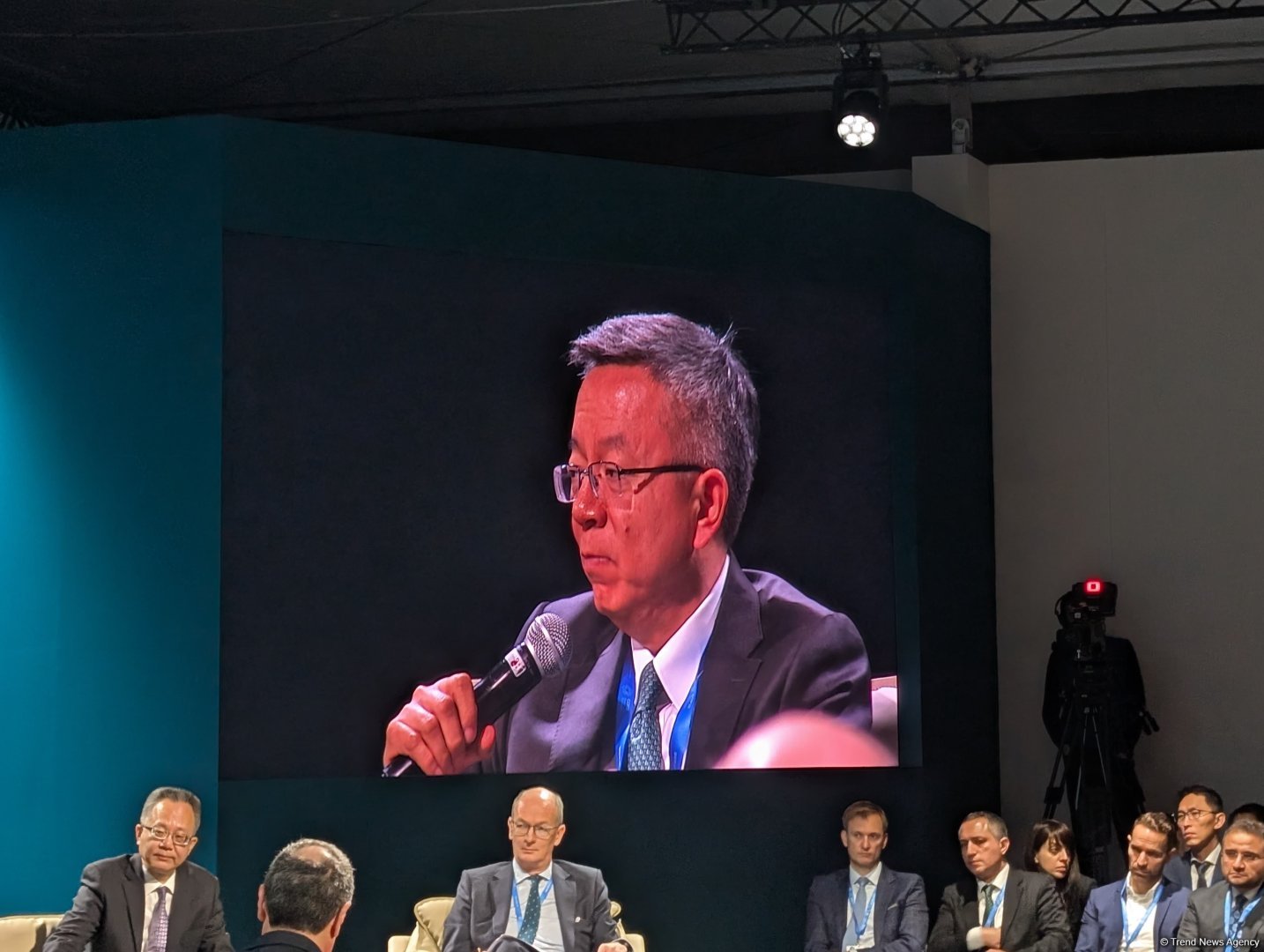BAKU, Azerbaijan, November 14. Climate change has become a significant risk to economic and financial stability, the Deputy Managing Director of the International Monetary Fund Bo Li, said during a panel discussion on “Global Financial System: Scaling Up Financing for Climate Action," Trend reports.
“Our task at the IMF is to support global macroeconomic and financial stability. Climate change has become a significant risk to economic and financial stability. It is also an opportunity for green growth and green jobs. That is why the IMF Board of Directors approved the first climate strategy for the International Monetary Fund three years ago. As part of that strategy, we are also trying to incorporate climate factors into our lending instruments. Two years ago, we created the Resilience and Stability Fund (RST), which was the first long-term lending instrument designed to support member countries in addressing long-term challenges such as climate change. Over the past two years, we have approved financing for 20 countries under this new RST instrument and raised $48 billion for this fund to support countries, especially low-income and vulnerable middle-income countries, in their fight against climate challenges,” he said.
According to him, the IMF also plays a coordinating role in the RST countries.
“We aim to bring our partners, such as the World Bank, the Asian Development Bank, and the African Development Bank, and together we hold roundtables on climate finance. This allows us to discuss how we can jointly support climate action, climate finance, and leveraging private capital for climate investments. So far, we have held 10 roundtables on climate finance in RST countries. We have found that by working together with our partners, we can leverage our strengths to create an environment where one plus one becomes more than two, because we are pooling our resources and working with the private sector to create an attractive environment for investment in these countries," he added.
To note, the 29th session of the Conference of the Parties to the United Nations Framework Convention on Climate Change (COP29) started in Baku on November 11. The United Nations Framework Convention on Climate Change is an agreement signed at the Earth Summit in Rio de Janeiro in June 1992 to prevent dangerous human interference in the climate system.
A total of 198 countries are Parties to the Convention. Unless the parties decide otherwise, the COP is held annually. The first COP event took place in March 1995 in Berlin, and its secretariat is located in Bonn.
The main expectation from COP29 is to agree on a fair and ambitious New Collective Quantitative Goal (NCQG) on climate finance. The COP29 chairmanship has launched 14 initiatives that include linkages between climate action and the Sustainable Development Goals, including green energy corridors, green energy storage, harmony for climate resilience, clean hydrogen, methane reduction in organic waste, action on green digital technologies, and other topics.
Stay up-to-date with more news on Trend News Agency's WhatsApp channel







